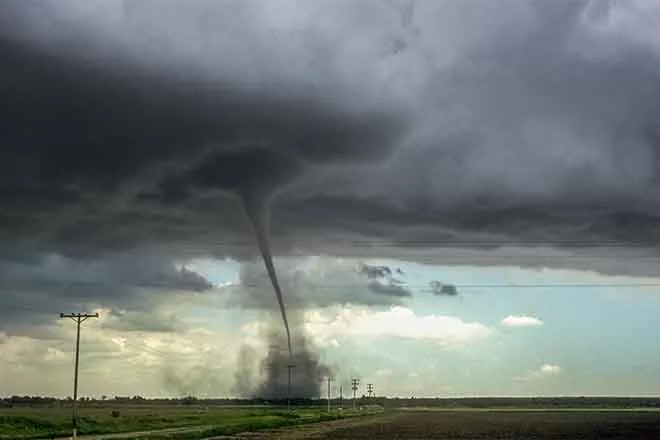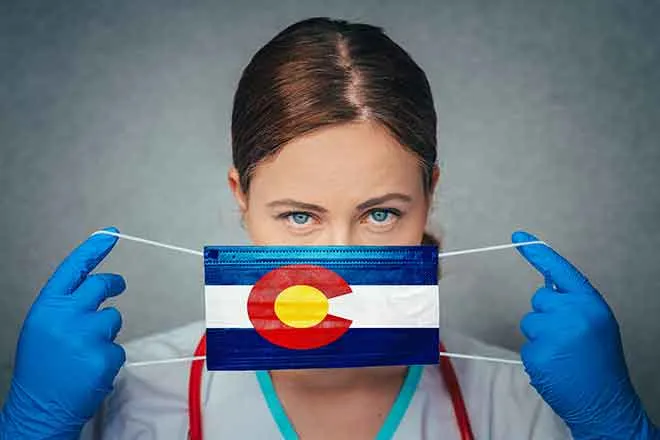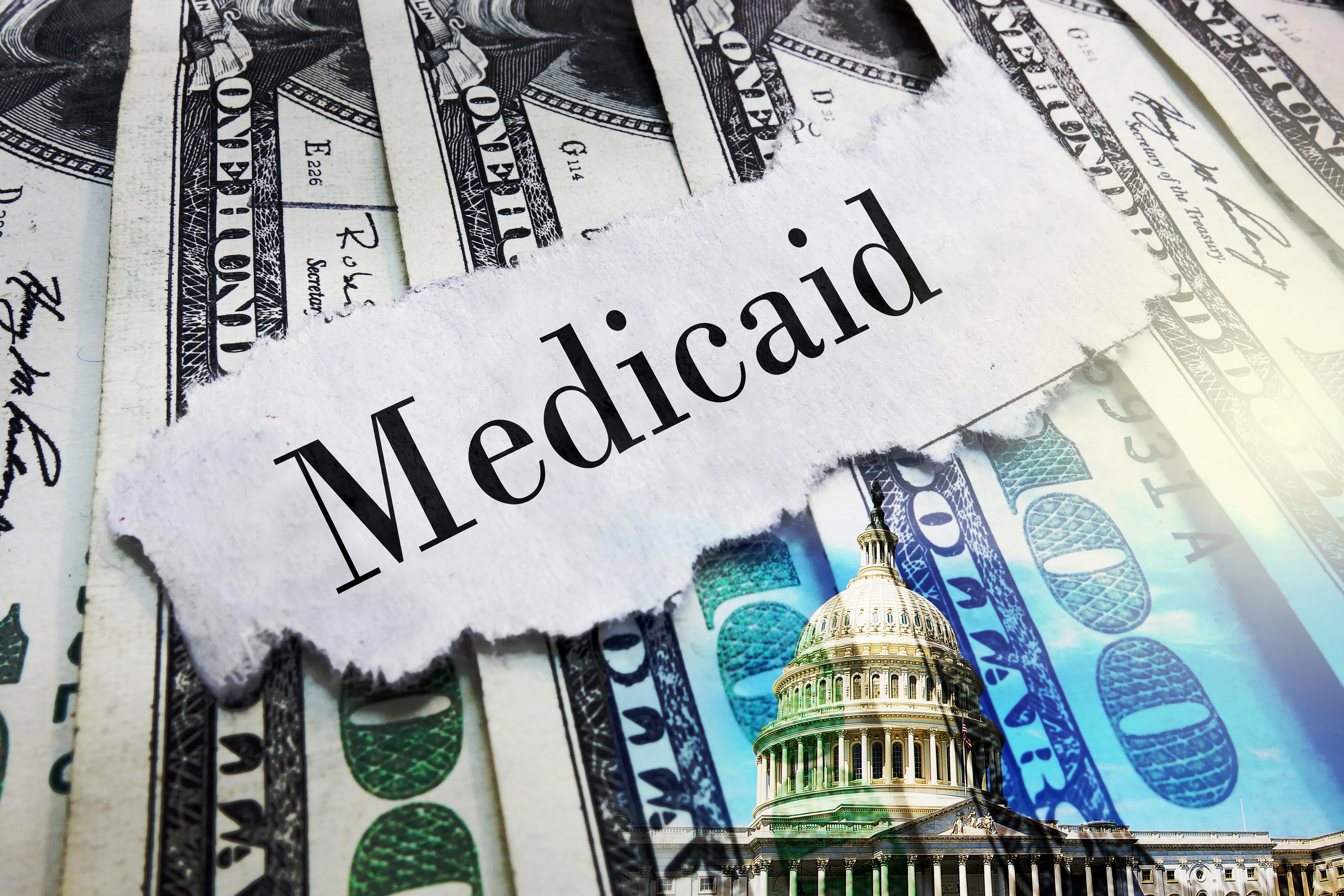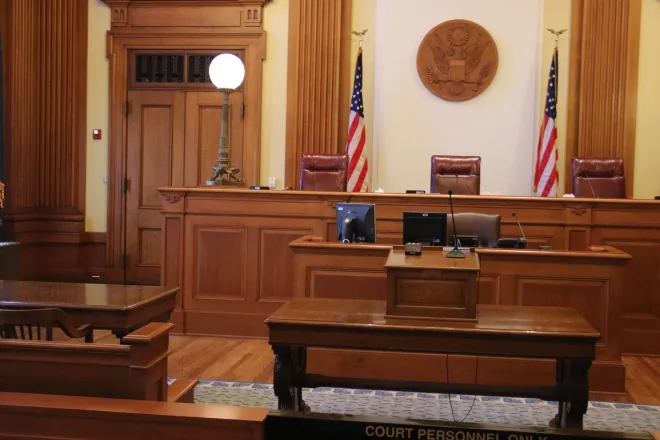
States scramble to shield hospitals from GOP Medicaid cuts
The giant tax and spending bill President Donald Trump signed into law over the weekend includes the biggest health care spending cuts in U.S. history. In response, states are scrambling to shield their hospitals from the looming loss of hundreds of millions in federal funding.
In Georgia, a key state panel late last month took steps to send more state Medicaid money to hospitals, hoping to maximize federal matching dollars before the cuts take effect. Other states are considering new grant programs that would funnel additional money to rural hospitals. Some state legislatures likely will reconvene to discuss how to fill holes in their Medicaid budgets.
The tax and spending bill cuts more than $1 trillion from Medicaid, the public health insurance program for people with low incomes that’s jointly funded by states and the federal government. Under the measure, payments to hospitals or nursing facilities would probably decrease in at least 29 states, according to an analysis by KFF, a nonprofit health policy group.
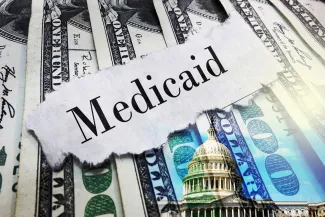
© zimmytws - iStock-2206705589
Facing such budget shortfalls, states may have to stop offering optional Medicaid benefits such as vision and dental, reduce the rates they pay providers — which could shrink access for Medicaid enrollees — and change eligibility requirements so that fewer people qualify for coverage.
State policymakers and health experts worry the loss of funding also will endanger hospitals, particularly those in rural areas, driving up uncompensated care and forcing them to cut services or close entirely.
“Ultimately, when these hospitals close, what happens? People have to now travel longer for care. They might not even make it,” Dr. Anahita Dua, a vascular surgeon at Massachusetts General Hospital and Southern New Hampshire Medical Center, told reporters last week during a news conference hosted by Defend America Action, a group launched to oppose Trump administration policies.
“This is ultimately not only going to affect the lives of the people that are not going to get the care, but also the majority of the hospitals that provide this care, and the people that are employed by those locations,” she said.
Earlier this month, an analysis by the State Health and Value Strategies program at Princeton University estimated that hospitals would lose 18% of their Medicaid funding, nearly $665 billion over the next 10 years.
Republicans have hailed the megabill — officially titled the One Big Beautiful Bill Act — as one that will cut waste, fraud and abuse in federal programs, secure the U.S. border and spur economic growth. The measure will add at least $3 trillion to the national debt over the next decade, according to the Congressional Budget Office, and has been scored by some independent economists as likely having little impact on growth. Dollars diverted from Medicaid will go toward the tax cuts prioritized by Trump, along with new spending on immigration control and defense projects.
Reconvening legislatures
Health policy experts anticipate at least some states will have to pull their legislatures back into session to address gaping budget holes due to the Medicaid cuts.
States can expect to lose 3%-18% of their federal Medicaid funding over 10 years under the law, according to the State Health and Value Strategies program report. Arizona, Kentucky and Virginia would see the largest shares of their Medicaid dollars evaporate.
Colorado Democratic Gov. Jared Polis has said he’s likely to reconvene the legislature.
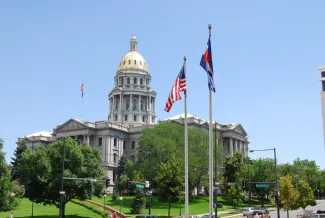
“Almost certainly if some of these big cuts to Medicaid go through … we would likely need to reconvene, depending on what Congress does,” Polis said at a news conference in May.
Policymakers in some states have tried to get ahead of expected shortfalls.
In late June, the Georgia Department of Community Health’s advisory board held an emergency meeting. In a unanimous vote, the board approved several measures aimed at increasing the state’s federal Medicaid reimbursement rate.
For example, the state wants to significantly increase Medicaid payments to hospitals that achieve certain goals, such as training Georgia doctors and delivering babies. The move would draw down an additional $2.1 billion per year in federal money.
“We’re doing our best to be responsive to the Medicaid conversations in Washington,” department Commissioner Russel Carlson told the board at the meeting. “Not overreacting in this 24/7 news cycle, but gathering the best information we can, reading the political environment the best we can, and acting responsibly.”
Other states have filed similar requests with the federal Centers for Medicare & Medicaid Services, and received approval in recent months.
“Of all the Medicaid discussions happening in Washington,” Carlson said, “one of the policy decisions that could potentially, depending on how it ultimately lands, impact Georgians the most is the discussion surrounding directed payment programs.”
Grants for hospitals
Some of the biggest federal savings in the new law come from limiting states’ use of a financing tool, known as a provider tax, that enables them to draw down more federal dollars. States use the extra money to boost reimbursement rates for hospitals and to expand coverage.
Some congressional Republicans have decried the maneuver as a “money laundering scheme,” but lowering provider taxes will likely punch big holes in state Medicaid budgets.
Meanwhile, some state legislatures are looking at alternate ways to shore up funding for hospitals. A bipartisan bill still under consideration in Pennsylvania would create a rural health care grant program to help pay off student loans for rural doctors, nurses and dentists. Indiana and Oklahoma also considered bills this session to create grant programs for rural hospitals.
In April, Texas Republican Gov. Greg Abbott announced the state would release more than $6 million in grants to support struggling rural hospitals.




